Led by Matsumura Kimiyoshi of the Japanese Institute of Anatolian Archaeology, an affiliate of the Middle Eastern Culture Center in Japan, the team has spent the last 15 years excavating ruins of the ancient city Buklukale. It's located about 60 kilometers southeast of the capital Ankara.
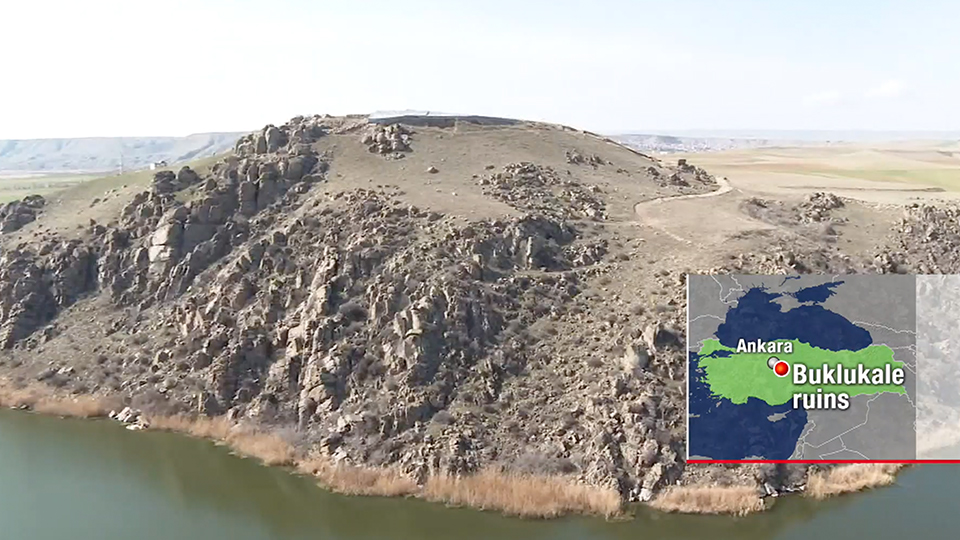
Matsumura says the discovery on the site's north side is significant because all the tablets previously discovered at Buklukale had all been fragmented.
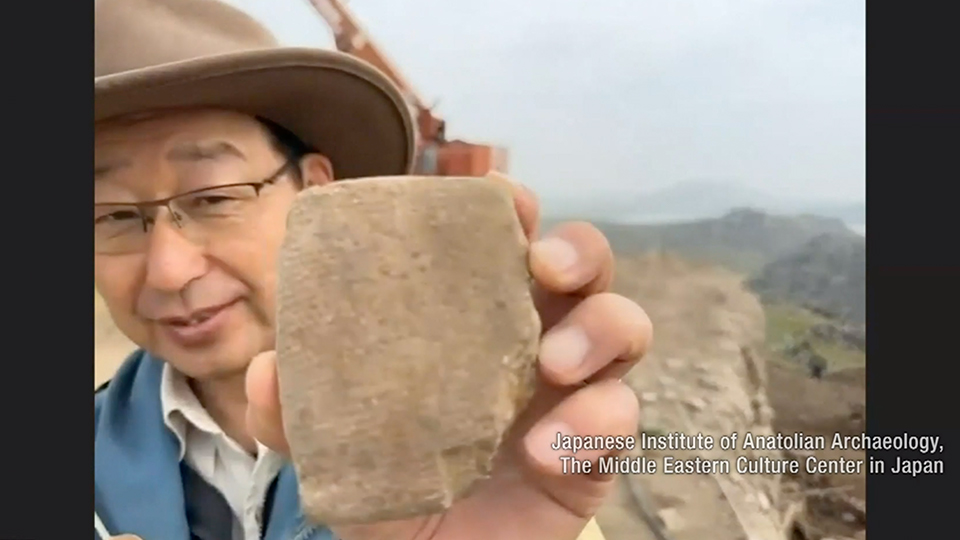
The tablet contains 70 lines of text. The shape of the cuneiform letters dates it back to the Hittite kingdom during the 14th century BC.
The cuneiform writing includes the line, "Four cities, including the capital, Hattusa, are in disaster."
The tablet also contains a prayer in Hurrian -- a language used for religious ceremonies.
Until now, tablets bearing the Hurrian language have only been found among the ruins of important ancient cities with strong ties to the royal family, such as Hattusa. This tablet indicates Buklukale was such a city.
Praying for an end to aggression
The Hurrian language was spoken in kingdoms east of the Hittite Empire. The king of Hittite at the time the tablet was made is said to have married a woman from one of these kingdoms for political purposes.
It's believed that the Hittites then adopted that kingdom's religion and used Hurrian in religious ceremonies.
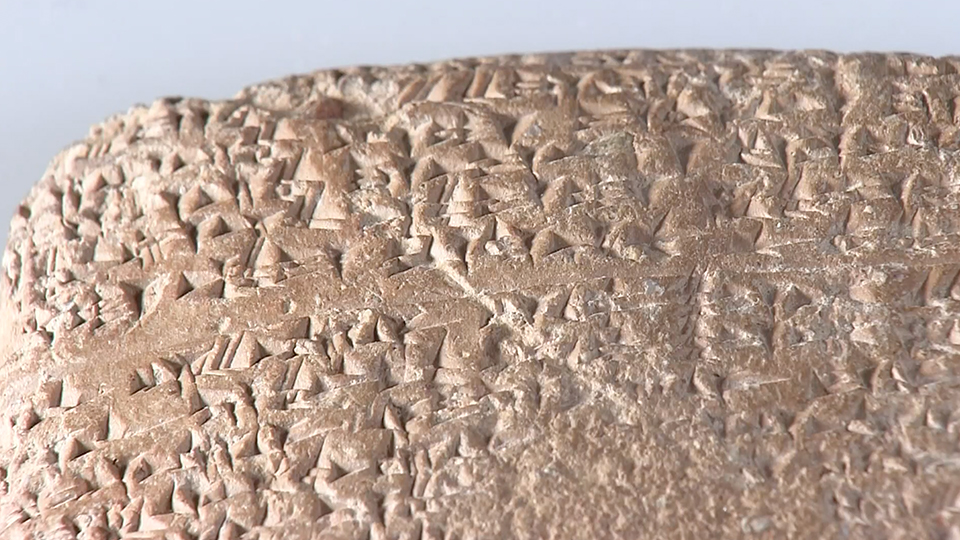
Experts believe the Hittites were under attack by another neighboring kingdom and the tablet contains a prayer for victory.
Yamaguchi University's Yamamoto Hajime is an expert on the Hittite kingdom.
Yamamoto says the fact the tablet contains Hurrian indicates Buklukale was an important city for the Hittite kingdom.
He says, "Hittite was at war with a country to its west at the time. And diplomatic documents from Egypt in the same period show the pharaoh was arranging a political marriage with a woman from that country. The tablet contains the name of the enemy country's king, so the city may have been under attack as it's located at the westernmost point of the Hittite kingdom's territory."
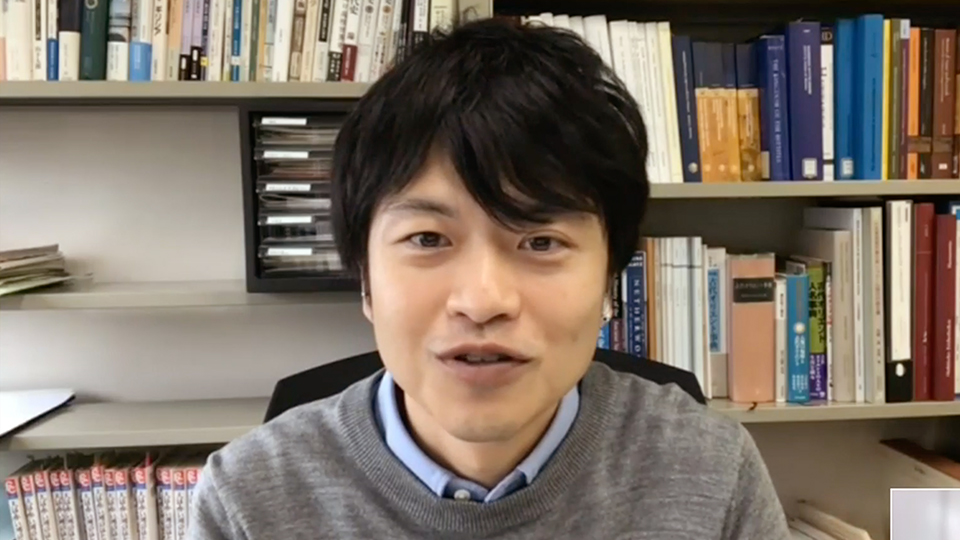
Yamamoto also says the Hittite kingdom later became a major power in the region, so he believes future findings from the site could clarify how that feat was accomplished.
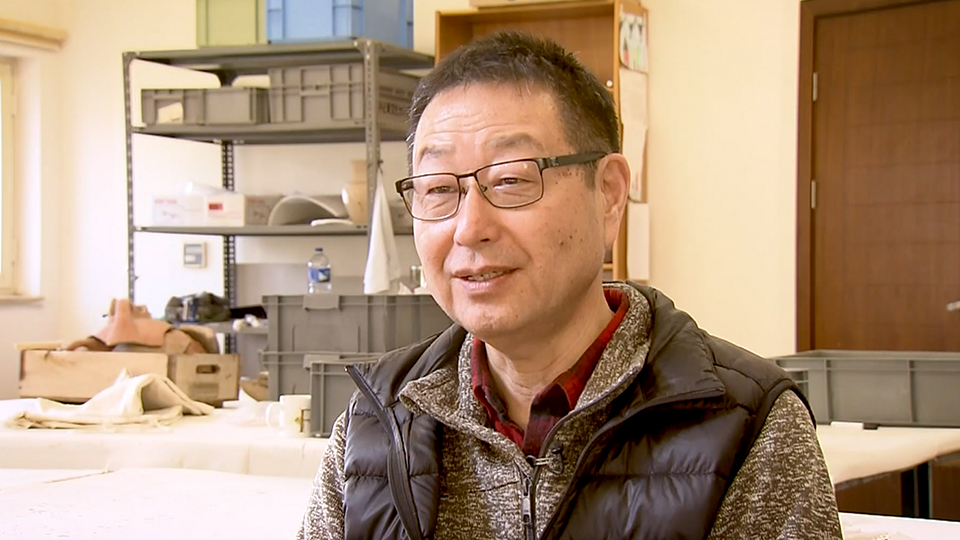
Noting that much of Hittite history remains a mystery, Matsumura has high expectations for his team's research. "We can expect more discoveries that will shed light on the empire's lost history," he adds.